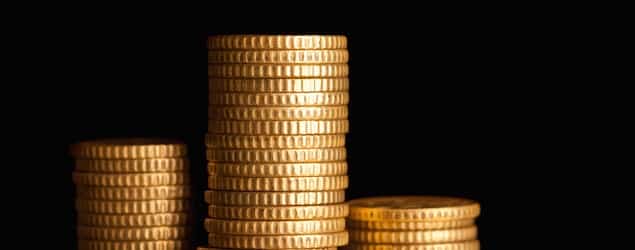Death by Inequality

Does inequality kill? Joseph Stiglitz, a leading critic of economic inequality, thinks so. Referencing a disturbing finding from Angus Deaton and Ann Case that shows a declining life expectancy among middle aged whites, Stiglitz maintains that:
America is becoming a more divided society — divided not only between whites and African Americans, but also between the 1% and the rest, and between the highly educated and the less educated, regardless of race. And the gap can now be measured not just in wages, but also in early deaths. White Americans, too, are dying earlier as their incomes decline.
How are declining incomes leading to declining life expectancy? Stiglitz acknowledges that the rise in early deaths is driven by suicide, drugs, and alcoholism. But, he maintains, “these habits themselves are a consequence of economic conditions.”
That may or may not be true — Stiglitz certainly doesn’t present any evidence for his claim. But what’s important to note is how he shifts from the problem being economic hardship to economic inequality.
Obviously economic hardship can contribute to self-destructive behaviors. But that has nothing to do with economic inequality, i.e., with the gap between what different people earn.
Imagine two scenarios. In scenario one, the top 1 percent see their incomes triple, and everyone else sees their incomes double, widening inequality. Is Stiglitz’s prediction that the richer middle class will be so distraught by the wealth of CEOs that they’ll take up heroin?
Scenario two: all incomes decline, with the 1 percent getting hit the hardest, resulting in far less inequality. Is Stiglitz’s prediction that this newfound equality will result in rising life expectancy?
No, that’s not what Stiglitz would predict — he’s clearly blaming the hardships that the middle class has been enduring over the last fifteen years for this troubling trend in life expectancy. Labeling that an inequality problem, however, isn’t some careless mistake. It’s key to his basic account of where America went wrong and how it can get back on the right track.
As he argues elsewhere, Stiglitz doesn’t just think there is a growing gap in incomes between the 1 percent and everyone else — he thinks the 1 percent is to blame for that growing gap. He thinks “the rich” are using the power of the government to rig the system in their favor, and that this is what has led to stagnation below the top.
Yaron Brook and I dissect that narrative in detail in our forthcoming book, Equal Is Unfair: America’s Misguided Fight Against Income Inequality. What I want to highlight here is that even if Stiglitz was right, the problem still wouldn’t be “economic inequality.” It would be an injustice: using political power to unfairly hold back or exploit other people.
Treating economic inequality as a problem cripples our ability to think clearly about economic issues, because economic inequality can emerge from two very different sources: it can emerge either from people earning different amounts of wealth or from injustices, such as theft or government favor-seeking.
Thinking in terms of “inequality” masks that distinction, and can lead us to commit a horrific injustice: to punish producers who have achieved enormous success for the sins of criminals and cronies.









